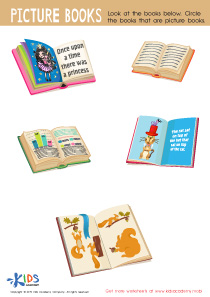Sound recognition Normal Preschool Reading Worksheets
3 filtered results
-
From - To
Enhance your child's reading journey with our Sound Recognition Normal Preschool Reading Worksheets. Tailored for young learners, these engaging worksheets focus on developing essential phonemic awareness and auditory discrimination skills. Each activity is designed to make learning fun while boosting early reading comprehension. From identifying initial sounds to matching letters with sounds, our worksheets provide a comprehensive approach to sound recognition. Perfect for at-home practice or classroom reinforcement, these resources help solidify foundational reading skills that pave the way for future academic success. Start your preschooler on the path to reading readiness with our sound recognition worksheets today!


Rhyming Words Rhyming Worksheet


Long and Short U Worksheet


First Words: Picture Rhymes Worksheet
Parents and teachers should care about sound recognition in preschool reading because it lays a crucial foundation for literacy development. During the early years, children's brains are incredibly adaptable and responsive to learning language and sounds. Familiarity with sounds, known as phonemic awareness, is essential for decoding words, which is a key component of reading fluency.
When children recognize and differentiate between sounds, they can better grasp the association between letters and their corresponding sounds. This understanding is critical for developing good reading and spelling skills. Early sound recognition helps children segment words into individual sounds and blend them together, which is fundamental in learning to read new words.
Investing in sound recognition skills in preschool can prevent reading difficulties later on. Children who struggle with phonemic awareness often face challenges in reading, which can lead to broader academic struggles. By fostering sound recognition early, parents and teachers provide children with the tools needed for confident, proficient reading. Besides academic success, early literacy fosters a love for reading, boosting overall cognitive development, imagination, and curiosity about the world.
In summary, focusing on sound recognition in preschool isn't just about learning to read; it is about setting up a lifelong trajectory of successful learning and personal growth.
 Assign to My Students
Assign to My Students
















